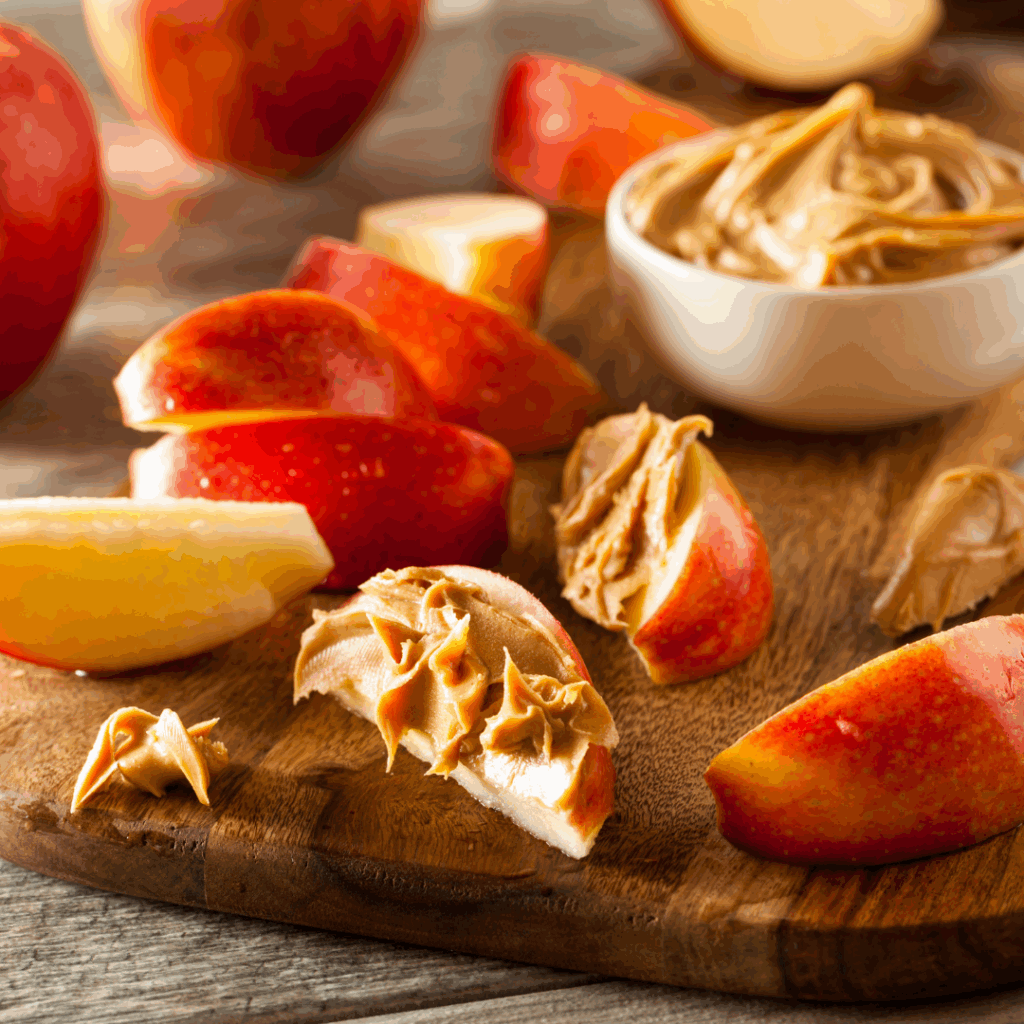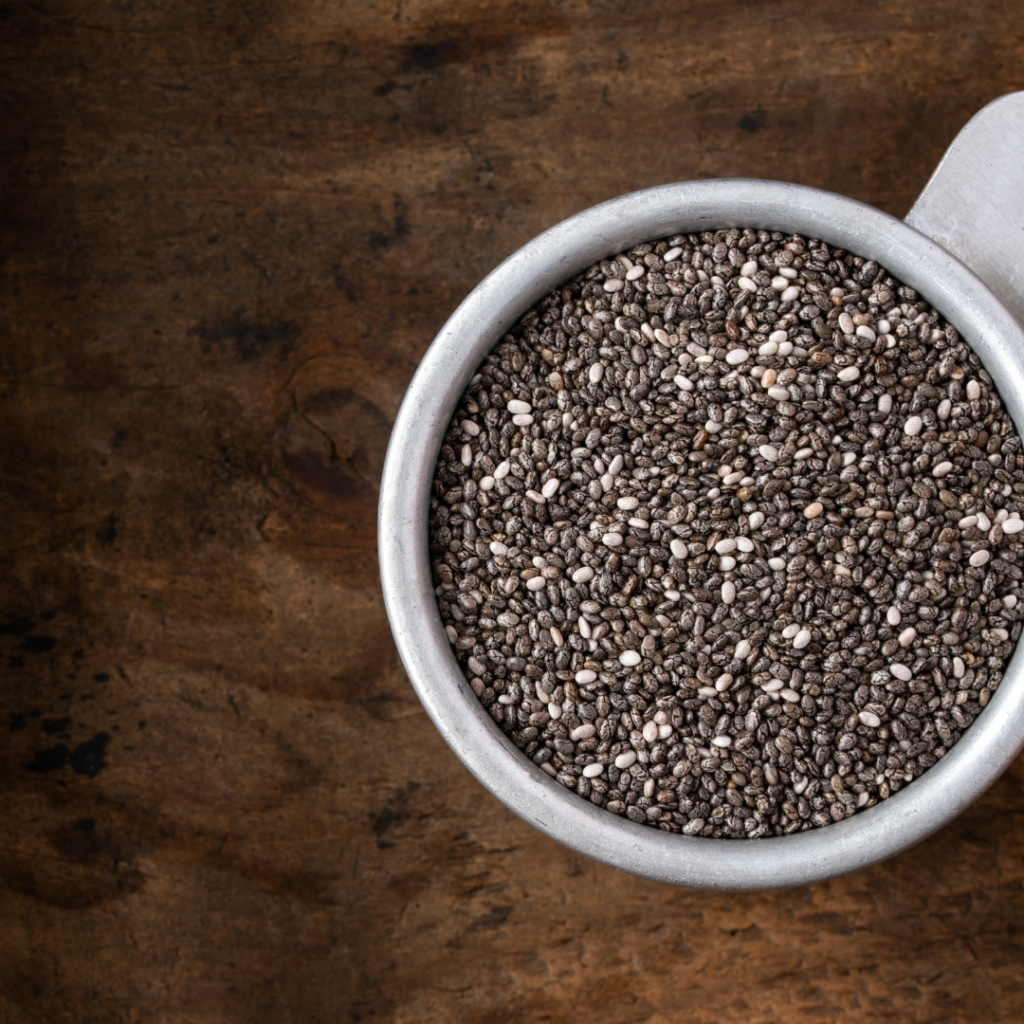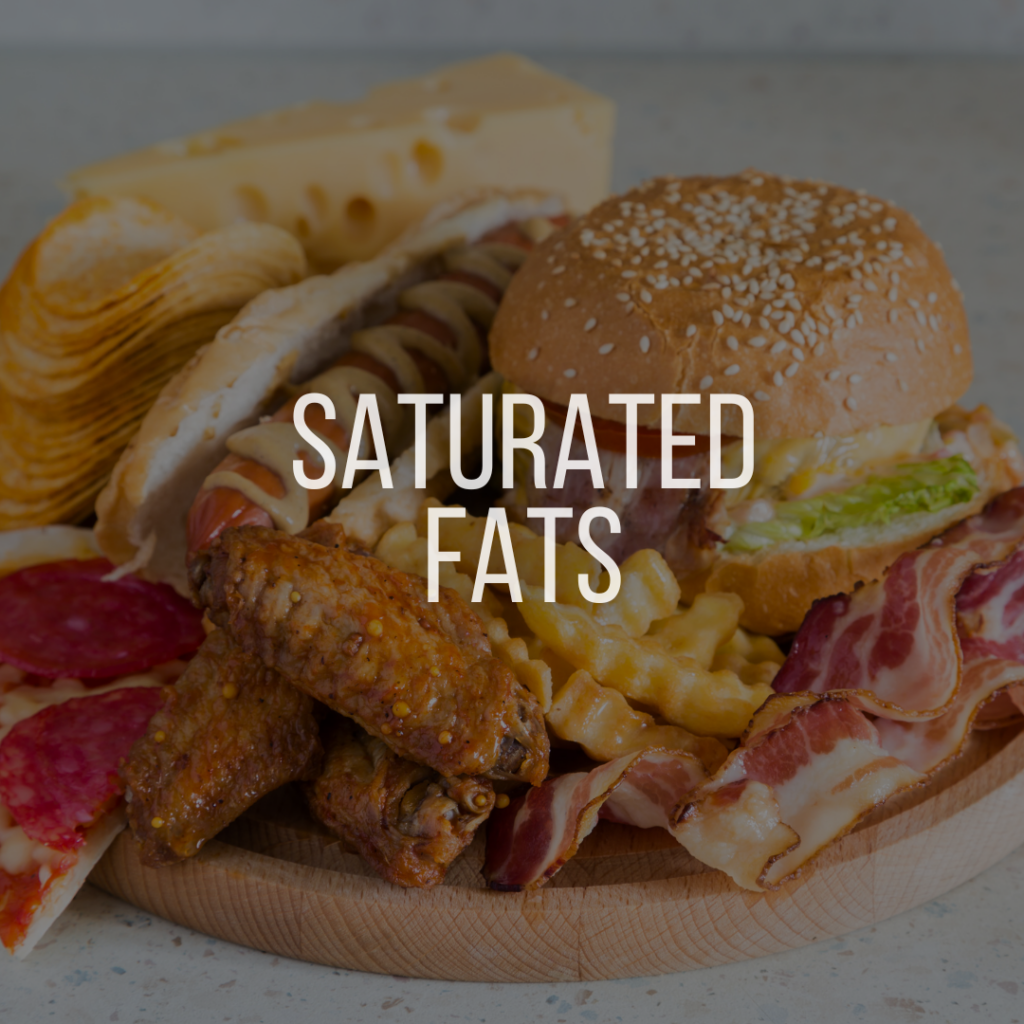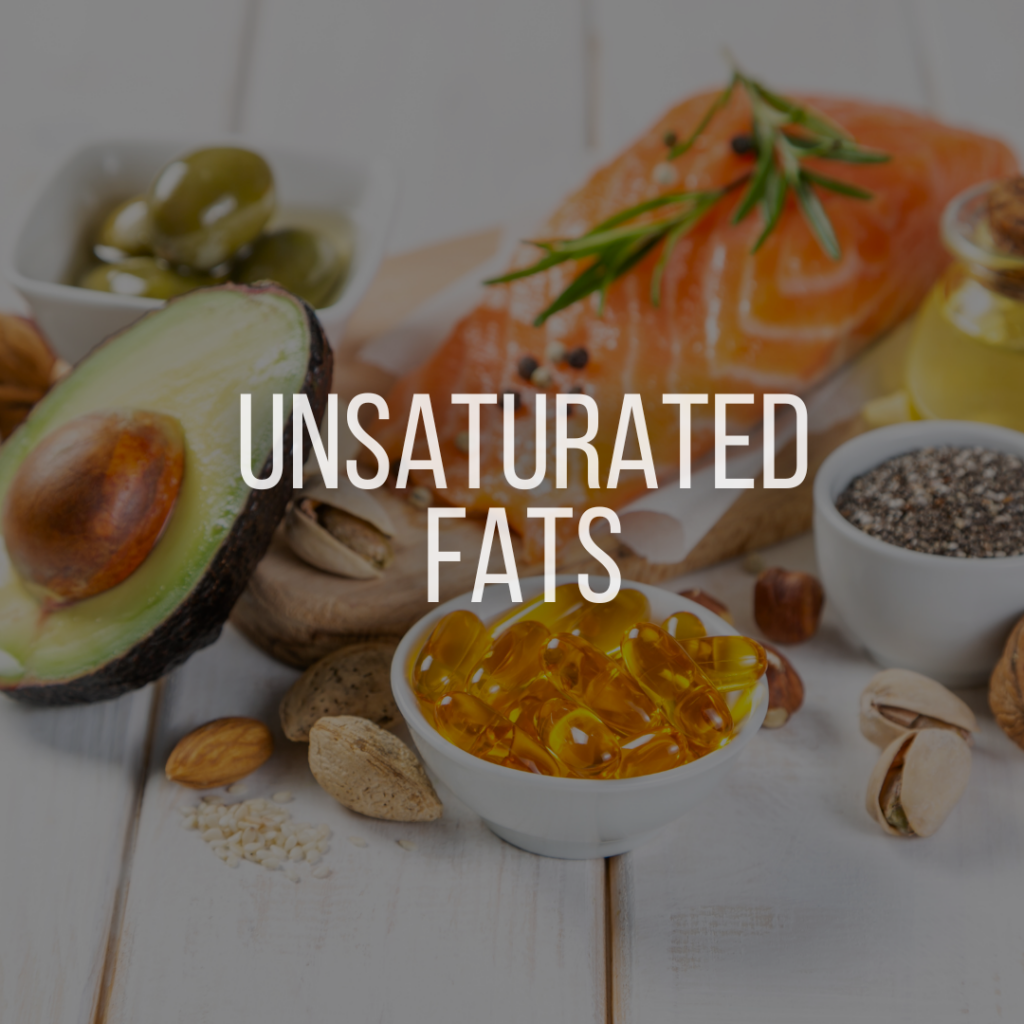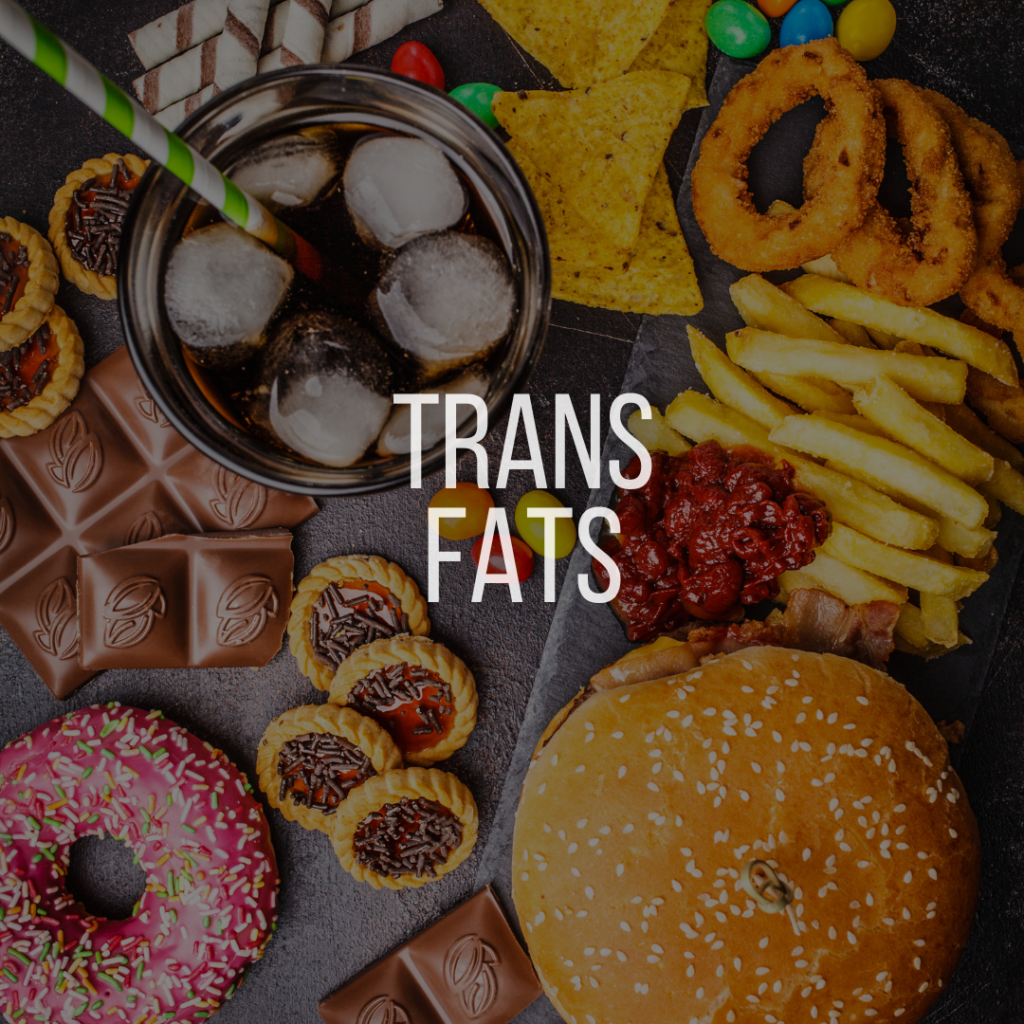Decoding Food Labels: Eat Smarter, Live Better
As the school year begins, so does the return to structure, packed lunches, early mornings and often, a renewed focus on healthy habits. Whether you’re a parent juggling snacks and schedules or simply ready to reset after a laid-back summer, this season is the perfect time to come back to balance.
From a functional nutrition perspective, food isn’t just fuel, it’s information. What you put on your plate directly impacts how you feel, function, and focus throughout the day.
Routines offer structure, and structure creates consistency, the key to sustainable health.
With busy mornings and long days ahead, the goal isn’t perfection, but intentionality. A functional nutrition approach helps you stay energized, focused, and immune-strong by prioritizing foods that work with your body, not against it.
How to Read a Nutrition Label

Learning how to read a label is one of the most powerful skills you can develop. It helps you bypass marketing noise and make decisions that align with your goals.
What to Look For:
1. Ingredients
Keep it simple: fewer ingredients, better quality. If you can’t pronounce it, your body probably can’t use it. Choose snacks with five ingredients or fewer, and make sure they’re all real, whole, and recognizable. No additives, no mystery oils, no artificial anything.
Bonus tip: Ingredients are listed in order of weight, so the first few tell you the most about what you’re really eating.
2. Added Sugar
Not all sugars are created equal. Naturally occurring sugars are found in whole foods like fruit (fructose) and dairy (lactose), they come packaged with fiber, vitamins, and minerals.
Added sugars, on the other hand, are introduced during processing or preparation, think cane sugar, honey, molasses, corn syrup, and even sneaky names like maltodextrin or evaporated cane juice.
Watch out for artificial sweeteners like sucralose and aspartame too: they may be low-calorie, but they can still disrupt your gut and cravings.
Just one 12 oz can of soda contains 39 grams of added sugar (or 10 teaspoons), that’s 160 empty calories with zero nutritional value.
3. Oils
Ultra-processed oils, often from seeds like canola, soybean, corn, sunflower, and safflower, are chemically refined to boost shelf life and flavor. But in that process, they’re stripped of nutrients and may become inflammatory to the body.
From a functional nutrition perspective, these oils can disrupt metabolic health, promote oxidative stress, and contribute to chronic inflammation.
Better options: Stick to cold-pressed, minimally processed fats like olive oil, avocado oil, coconut oil, and grass-fed butter or ghee for cooking.
4. Fiber & Protein
Active individuals and older adults may need even more protein to support muscle and recovery. Good protein sources include lean meats, poultry, fish, eggs, dairy (like yogurt and cheese), as well as beans, lentils, nuts, seeds, and soy. For fiber, focus on whole grains, fruits, and vegetables.
5. Preservatives & Additives
Some ingredients are more than just unnecessary, they can be harmful. Watch out for artificial preservatives like BHT and BHA, which are linked to hormone disruption and inflammation.
Artificial dyes like Red 40 and Yellow 5 are also common in processed snacks and may impact behavior and focus, especially in children.
Skip artificial sweeteners like sucralose (Splenda) and aspartame: they may interfere with gut health, insulin response, and cravings.
Bottom line: If it sounds like a chemistry experiment, it’s probably not food. Choose snacks with clean, recognizable ingredients and leave the additives behind.

What to Ignore
- Buzzwords like “natural,” “multigrain,” or “low-fat”: check the actual ingredients.
- Marketing claims on the front, the truth is always on the back.
- Serving sizes that mislead, some “healthy” items list unrealistic serving portions.
Food packaging can be confusing, here’s what those claims really mean:

- Low Calorie = 40 calories or less per serving
- Calorie-Free = Fewer than 5 calories per serving
- Low Cholesterol = 20 mg or less of cholesterol and 2 g or less of saturated fat per serving
- Low Sodium = 140 mg or less of sodium per serving
- Fat-Free / Sugar-Free = Less than 0.5 grams of fat or sugar per serving
- Reduced [Fat/Sugar/Sodium/etc.] = At least 25% less than the regular version
- Good Source Of = 10–19% of the Daily Value (DV) per serving
- Excellent Source Of / High In = 20% or more of the DV per serving
Pro tip: These labels can sound healthy, but don’t let them distract you from reading the full ingredient list. “Low-fat” or “sugar-free” doesn’t always mean better, always check for additives, sweeteners, and processed oils.
Functional Formula for Label Reading

Real Ingredients + Low Sugar + High Fiber + High Protein + Clean Fats = Green Light
Routine Hacks for Busy Days
School mornings don’t need to be stressful. With a little planning, you can create consistency without chaos.
- Prep breakfast the night before: Think chia pudding, overnight oats, or egg scrambles.
- Pack smart snacks: Choose cheese and nut mixes, fruit with nut butter, or turkey/beef jerky.
- Follow the “no naked carbs” rule: Always pair carbs with fat or protein to stabilize blood sugar.
- Use Sunday as a reset: Prep 3 proteins, 2 veggies, and 1 healthy starch.
Tips for Focus, Energy & Immune Support
This time of year also brings stress, screen time, and seasonal germs. Keep your body resilient with functional basics:
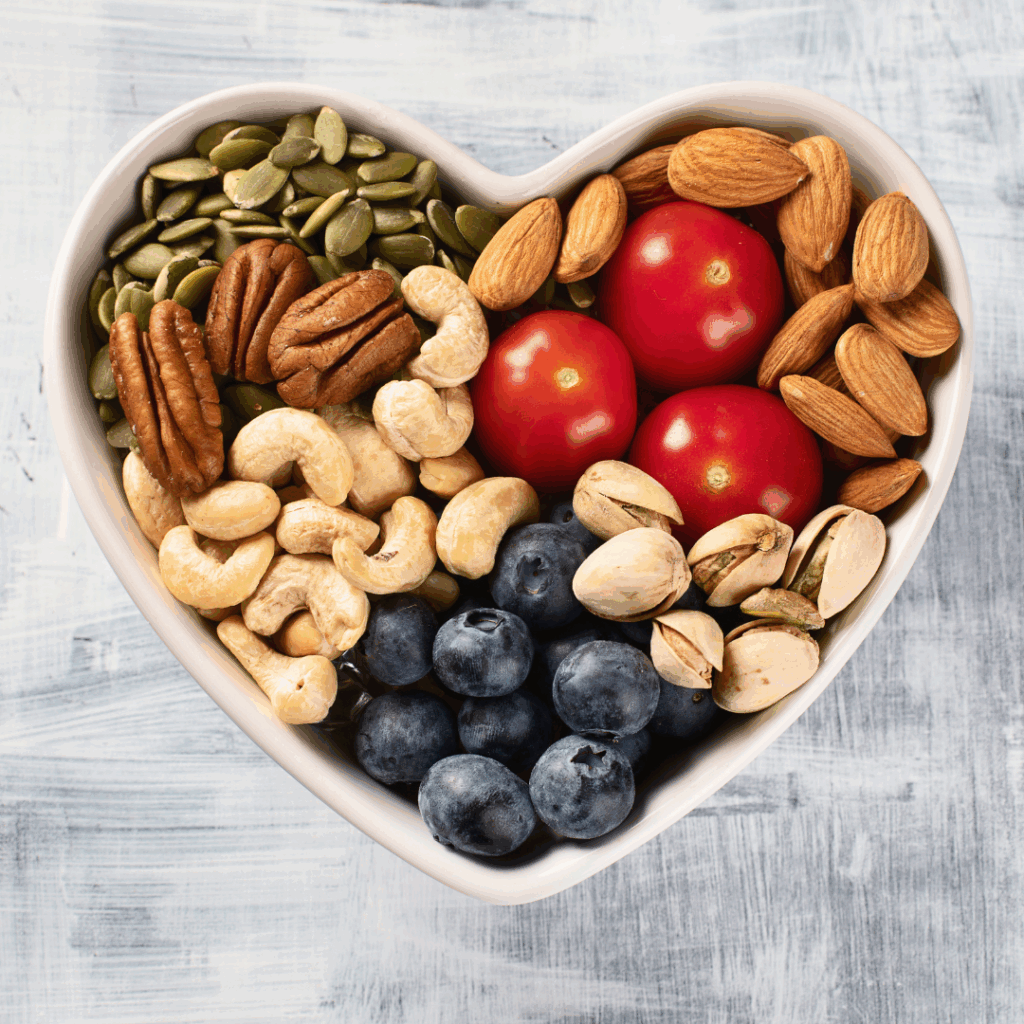
- Hydrate before caffeine (especially teens & college students)
- Start the day with protein — not sugar
- Use magnesium & omega-3s to support brain health
- Choose whole fats (nuts, seeds, olives) to feed focus and hormones
- Avoid ultra-processed “convenience” foods marketed to kids
Functional Food Swaps
Swap this – for that:
| Instead of… | Try This Functional Swap |
|---|---|
| Fruit snacks | Real dried fruit (no added sugar) or freeze-dried berries |
| Chips or puffs | Avocado oil chips (I.e., sweet potato versions), seaweed snacks, or dry-roasted nut and seed mixes |
| Sugary yogurt | Plain Greek yogurt + berries + cinnamon |
| Juice boxes | Electrolyte water, herbal iced tea, or fruit-infused water |
| Instant oatmeal packets | Rolled oats with chia, flax, and fresh fruit |
| Flavored coffee creamers | Unsweetened coconut milk + cinnamon or MCT oil |
| “Sugar-free” snack packs | Hard-boiled eggs, turkey sticks, or nut butter packs |
Let Nutrition Work For You
This season, let your food choices support your energy, focus, and overall well-being, not work against them. You don’t need a total lifestyle overhaul to see results, but you do need to start paying attention to the ingredients, the quality, and the message your food is sending your body.
Food is information: every bite is a signal, telling your body what to do.
Labels matter: not all calories (or snack bars) are created equal.
Small habits become big change, especially when repeated daily.
So as routines reset and schedules fill up, remember: simplified nutrition, smart snacking, and label-savvy decisions will always take you further than fads. You’ve got this and your body will thank you for it.






